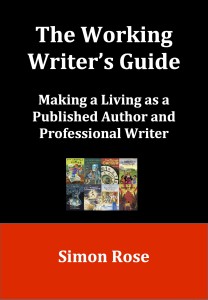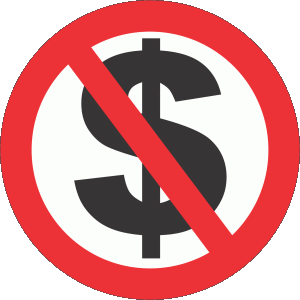Working for Free: Part Seven – There’s No Budget
Some potential clients will be very honest right at the outset regarding their inability to pay you. They might state very clearly in their first email that they have little or no budget for the proposed project.
Every situation is different, but it’s wise to mention money very early in any email exchange. This applies even if the client is initially only inquiring about your experience and availability. You’ll simply be wasting each other’s time if you don’t inform the client at an early stage about the costs of your time and expertise. Some clients might tell you that they don’t currently have a budget, implying that there will be money later.
On some occasions this will be an outright lie, but if the client is aware of your fees this can save a lot of time, especially if they’re asking a lot of questions regarding how you’d work on their project. If the client genuinely has money right now, ask when the next fiscal year starts or when a budget  might be available. If they provide a time frame and appear honest, make arrangements to stay in touch and contact them in a few months or whenever they indicated that funds might be available. Perhaps they’re a start-up operation and really don’t have any additional funding right now. This is similar to you taking a gamble by quoting a lower price in the hope that they’ll be more work in the future. If the client is satisfied with your work, they may contact you again when there’s money.
might be available. If they provide a time frame and appear honest, make arrangements to stay in touch and contact them in a few months or whenever they indicated that funds might be available. Perhaps they’re a start-up operation and really don’t have any additional funding right now. This is similar to you taking a gamble by quoting a lower price in the hope that they’ll be more work in the future. If the client is satisfied with your work, they may contact you again when there’s money.
On the other hand, they may just take advantage of you and you never hear from them again. There’s no guarantee you won’t get burned, but you have to judge each case on its merits. You can of course also just put them off if you think they’ve got potential but also have a sneaking suspicion that they’re bad news. Tell them that you can’t fit the work in at the moment, but arrange to remain in contact. If the company’s genuinely interested in having you on board they’re more likely to stay in touch with you as well.
Check out more tips and advice for professional writers in The Working Writer’s Guide.




